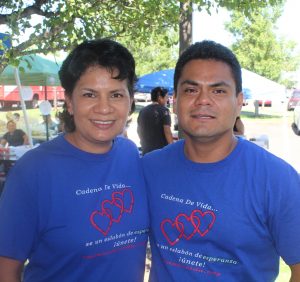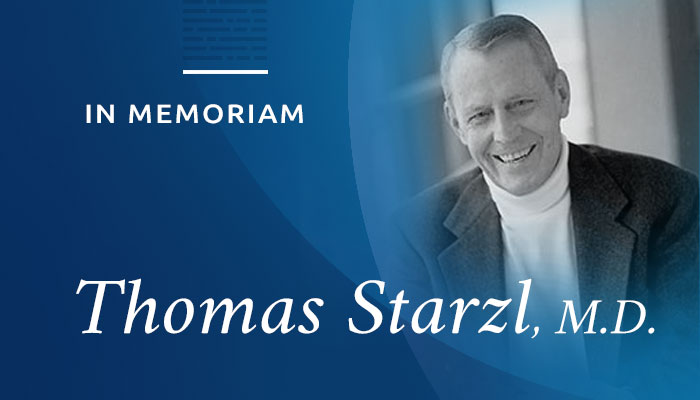An analysis of data two years since implementation of the kidney allocation system (KAS) shows a number of longer-term patterns, with success in a number of key system goals.
Trends include the following:
- Deceased donor kidney transplants have increased 9.1 percent since KAS implementation; deceased donation also has continued to increase substantially from 2014 through 2016. This rise is not necessarily attributable to KAS.
- There was no substantial change in transplant volume in any region post-KAS Year 2 versus post-KAS Year 1.
- From Year 1 to Year 2 after KAS implementation, the percentage of kidney recipients age 18 to 49 decreased slightly and transplants for recipients age 50 and older increased slightly.
- Kidney transplant percentages by recipient ethnicity are now more similar to the ethnic makeup of waiting list candidates. This is a noticeable difference from pre-KAS kidney allocation, and it is one of the expected outcomes of KAS.
- Longevity matching (matching kidneys most likely to function the longest with recipients likely to need them the longest) continues to perform as intended. More than half of adult recipients with an Estimated Post-Transplant Survival (EPTS) score between zero and 20 percent (indicating the longest potential need) received kidneys with a Kidney Donor Profile Index (KDPI) score between zero and 20 percent (indicating the longest potential function).
- Significant “bolus effects” occurred for candidates who received additional transplant priority under KAS, including those with very high immune sensitivity and those with lengthy dialysis times prior to transplant listing. Many of these candidates received a transplant soon after the new policy was implemented because of the increased priority they received. Transplants have declined as fewer candidates remain on the waiting list, but the percentage of transplants going to these groups is still higher than the rate prior to KAS.
- The percentage of transplant recipients experiencing delayed graft function (DGF) increased initially post-KAS but has since declined slightly, though still remains higher than pre-KAS. This finding may be influenced by the bolus effect for recipients who have been on dialysis longer-term.
- The kidney discard rate after KAS has also remained higher than the period before KAS implementation – 19.9 percent in Year 2 post-KAS. Discard rates are largely linked to KDPI scores; less than three percent of kidneys with a KDPI of zero to 20 are discarded, compared to 60 percent of kidneys with a KDPI between 86 and 100 percent.
- Rates of patient survival under KAS have decreased slightly but remain very high. The overall rate of kidney graft survival (organ function post-transplant) also has shown some decrease. The difference in graft survival rates is affected to some degree by factors such as recipient age and the amount of time the kidney is preserved between recovery and transplantation. Since recipient immune sensitivity and dialysis duration also relate to outcomes, and since more highly sensitized candidates and longer-term dialysis candidates received transplants soon after KAS implementation, the “bolus effects” described earlier may also affect post-transplant patient and graft survival rates.
The OPTN/UNOS Kidney Transplantation Committee will continue to analyze these trends carefully, as well as other data that will be available longer-term.
These recent findings are based on limited data. They must be interpreted cautiously and further tracked to assess whether observed trends will be sustained.







